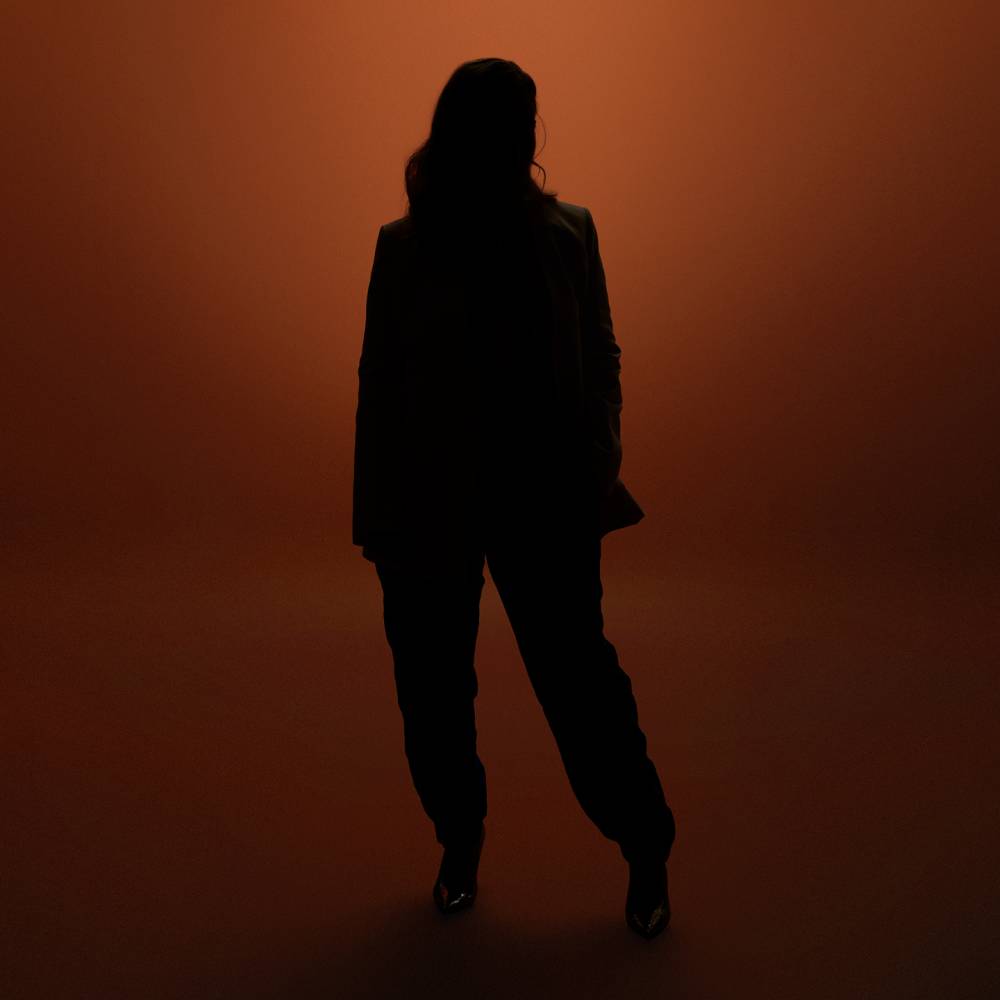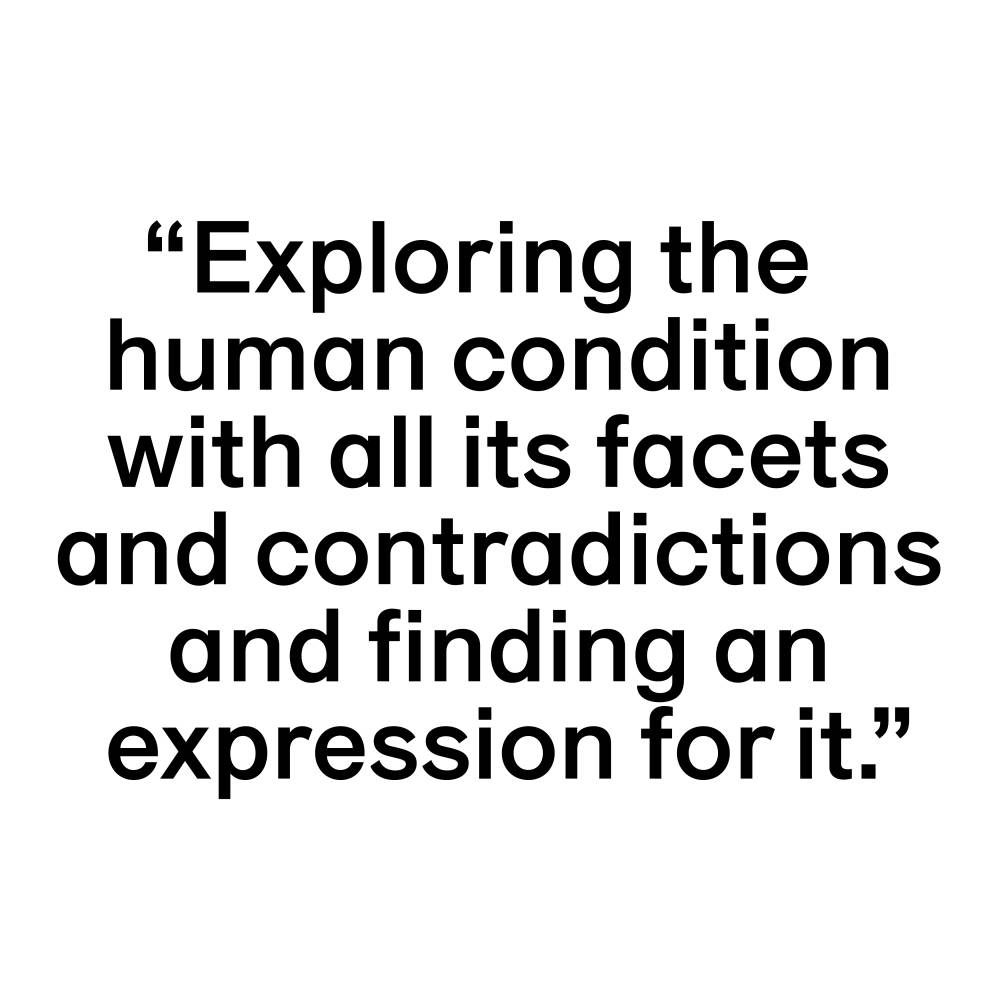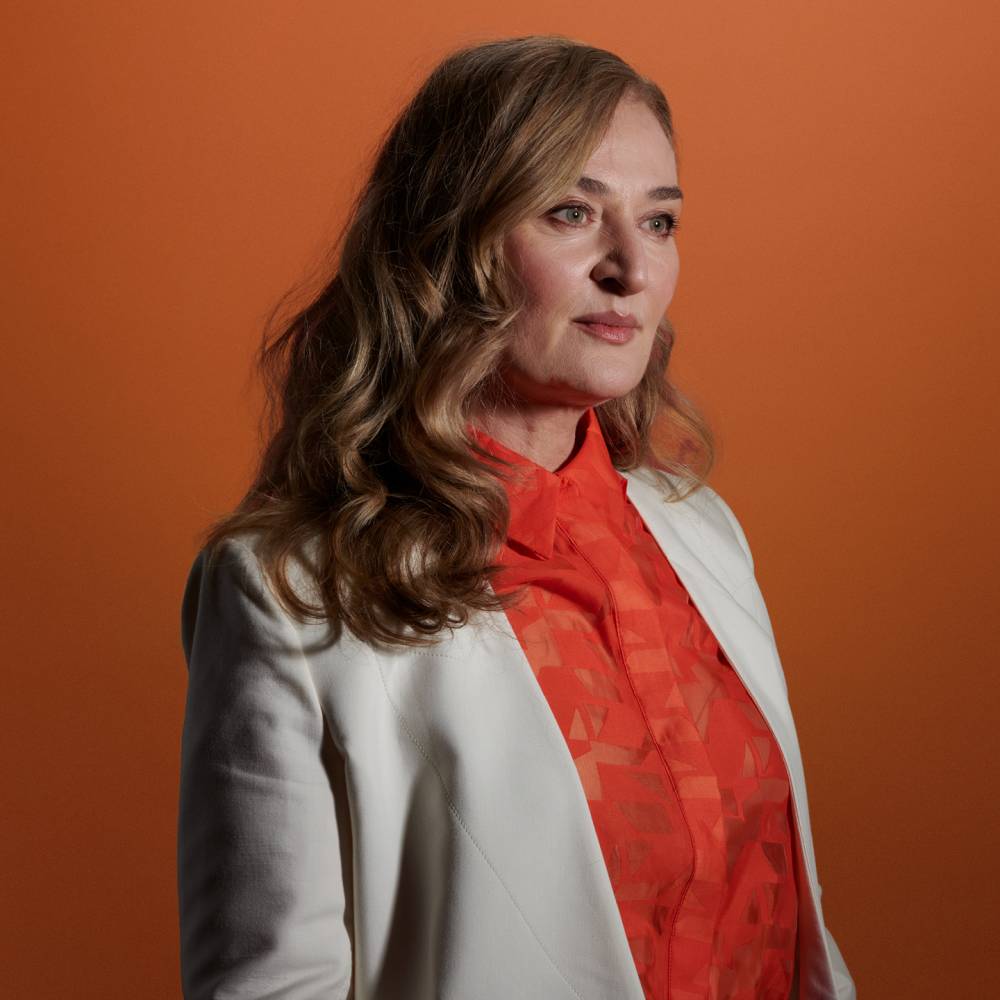Beyond the Screen
On stage and screen with Rachel Braunschweig
07.03.2024
In competition at the Berlinale in FROM HILDE, WITH LOVE, recently having wrapped the shoot of FRIEDA'S CASE soon to hit cinemas, as a prosecutor in the Swiss edition of the crime series Tatort: Rachel Braunschweig has a full schedule! Time for a look at her work and the challenge of acting.



Films, series, theatre: what is the appeal of being at home on all the different stages?
It’s certainly the variety that motivates me, the challenges that come with the different working methods. In theatre, it’s the reproducibility: you have to enjoy the process of developing a play. In film, it’s the immediacy of the tone, the concentration and the focus: a different kind of precision. Both can be exhilarating. Film is like an endless flirt; theatre is more fleeting.
Andreas Dresen’s new film IN LIEBE, EURE HILDE or NEUMATT. Which is more challenging, a feature film or a series?
A series is more energy-consuming, you need a vision for the overall arc of a series and for the individual characters. With a series, you have to keep an eye on many storylines. Only then can I genuinely remain the voice of my character. In a feature film, everything feels more compact and like a single sweep. The danger of ”getting bogged down” is less. When it can be done, both have their very own appeal and I feel very fortunate to be at home in both formats.
You are very well known in the German speaking countries Germany, Austria and Switzerland. What is it like to assert yourself as an experienced actress in the film industry?
It’s a lot of work. Sometimes I wish I had the continuity of a film family. But friendships have indeed developed through some wonderful films. This culminates in the desire to work together repeatedly, and I find it very inspiring. I believe you have to remain curious and open and be interested in people. That’s when the most surprising synergies emerge.
What was one of the strangest films scenes that you didn’t get right the first time around?
A long time ago, I had the role of Anna Edlibach in the SRF series “Die Schweizer”. I was wearing a medieval costume with a hat and veil and had to push open a heavy iron door and step through it in a very distraught state. The door slammed shut behind me and my veil got caught in it. I was catapulted back to the door like a bouncing ball. The drama of the scene was overshadowed by laughter.
Which director holds a special place in your heart?
Justine Triet, Todd Haynes, Andreas Dresen, Petra Volpe, Jonathan Glazer, Alice Rohrwacher, Wim Wenders, Ruben Östlund, Alon Zingman, Yael Ronen, Christian Johannes Koch, Ursula Meier, Samuel Maoz, Valerie Faris, Pedro Almodóvar, Aki Kaurismäki, Carmen Jaquier ... and Martin Scorsese, of course. It’s an ongoing list.
Who would you like to share the screen with and which “controversial” roles interest you?
If the material has a sense of urgency and the characters have a developmental arc, if they are contradictory and surprising, then I’m interested. But I would also be very happy with a well-written comedy. The director Pierre Monnard recently said: “You can do both drama and comedy.” That made me very happy. I love being challenged and working with any director who knows what they want and is passionate about the film.
How emancipated is filmmaking? Has anything changed in the understanding of roles, the interaction between director and cast?
Hmm … let’s put it this way: I am always very pleased when the director is aware of our craft and meets us as equals. There are still a lot of fears and a certain romanticization in the industry when it comes to the acting profession. It’s great when directors can articulate themselves, have a vision and we attempt to get closer to it together.
You speak four languages fluently. Which language is the most fun to act in?
That’s a complex question. Dialects or a foreign language are invariably a means of enriching the character. They are additional brushstrokes that make the characters colourful, give them a different timbre, because language always tells us something about the origin, the social milieu, as well as exclusion or inclusion within a society. I find it easier to improvise in my mother tongue. For me, acting in a foreign language is like music, enabling me to move differently. It’s something physical. I really enjoy both.
Films
Friedas Fall
Neumatt – Staffel 3
Neumatt – Staffel 2
Tatort – Seilschaft
Tatort – Blinder Fleck
Neumatt – Staffel 1
Tatort - Schoggiläbe
Spagat
Tatort - Züri brännt
Mama
Zwingli
Wolkenbruch
Die göttliche Ordnung
Blue my Mind
Finsteres Glück
Die Welt der Wunderlichs
Aquarium
Person